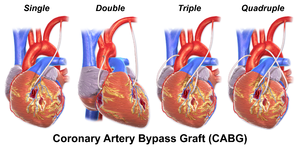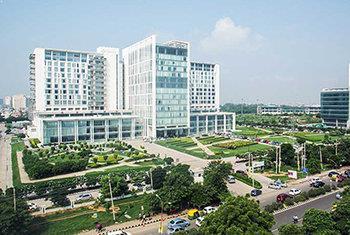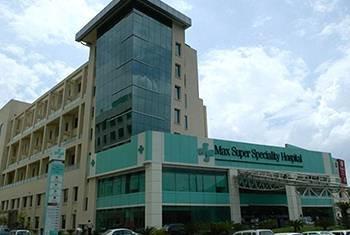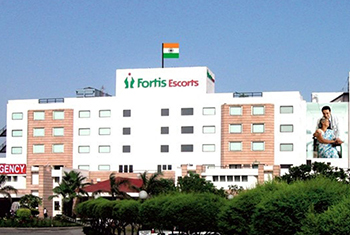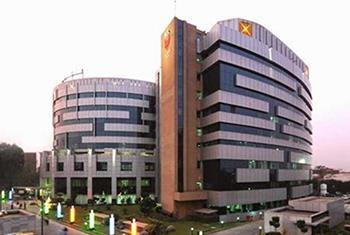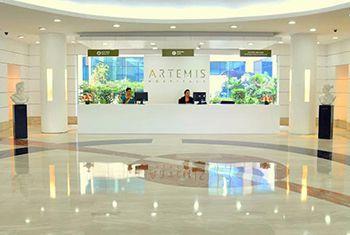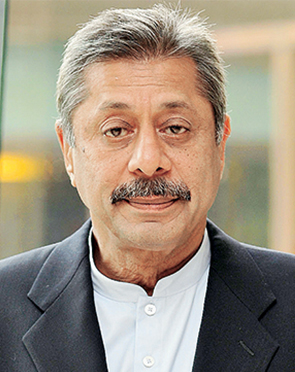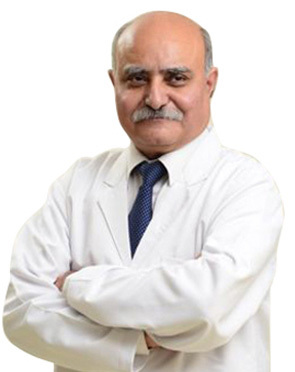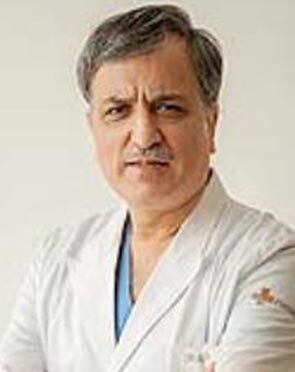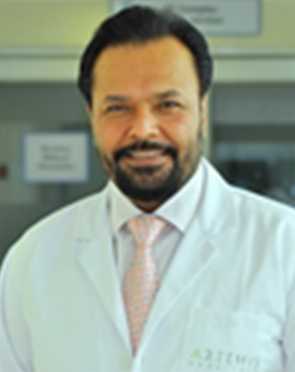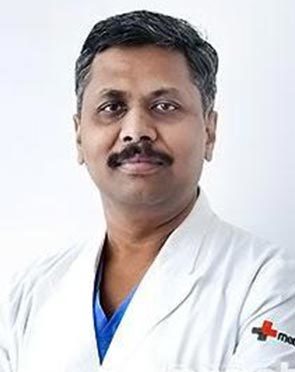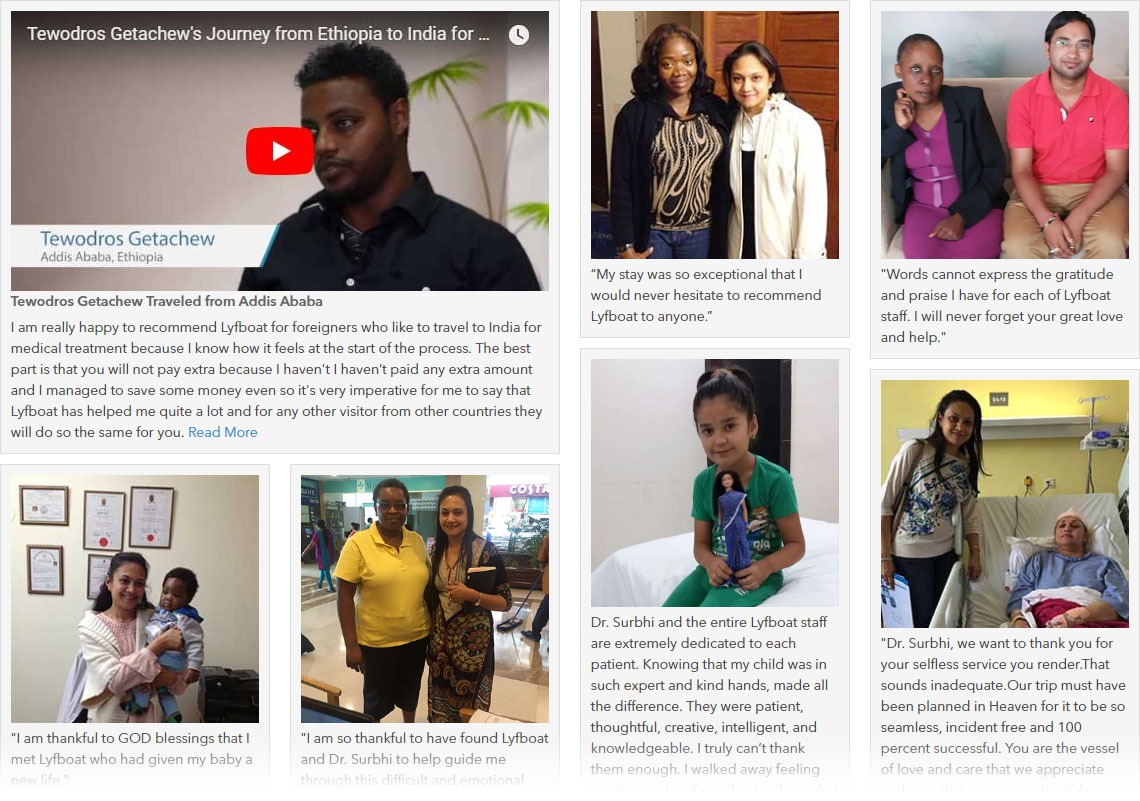How can Lyfboat assist you getting CABG Treatment and Surgery in India?
World's Most Trusted Medical Advisory & Discount Platform
Lyfboat makes it easy for you to get quality medical opinions and find the right healthcare providers in India for heart bypass surgery at best prices. It is a free to use platform; we do not charge any fees from patients. In fact, we negotiate the price that hospitals offer. In some cases, we are able to reduce the cost of the CABG treatment by up to 20% of what Hospitals generally offer.
